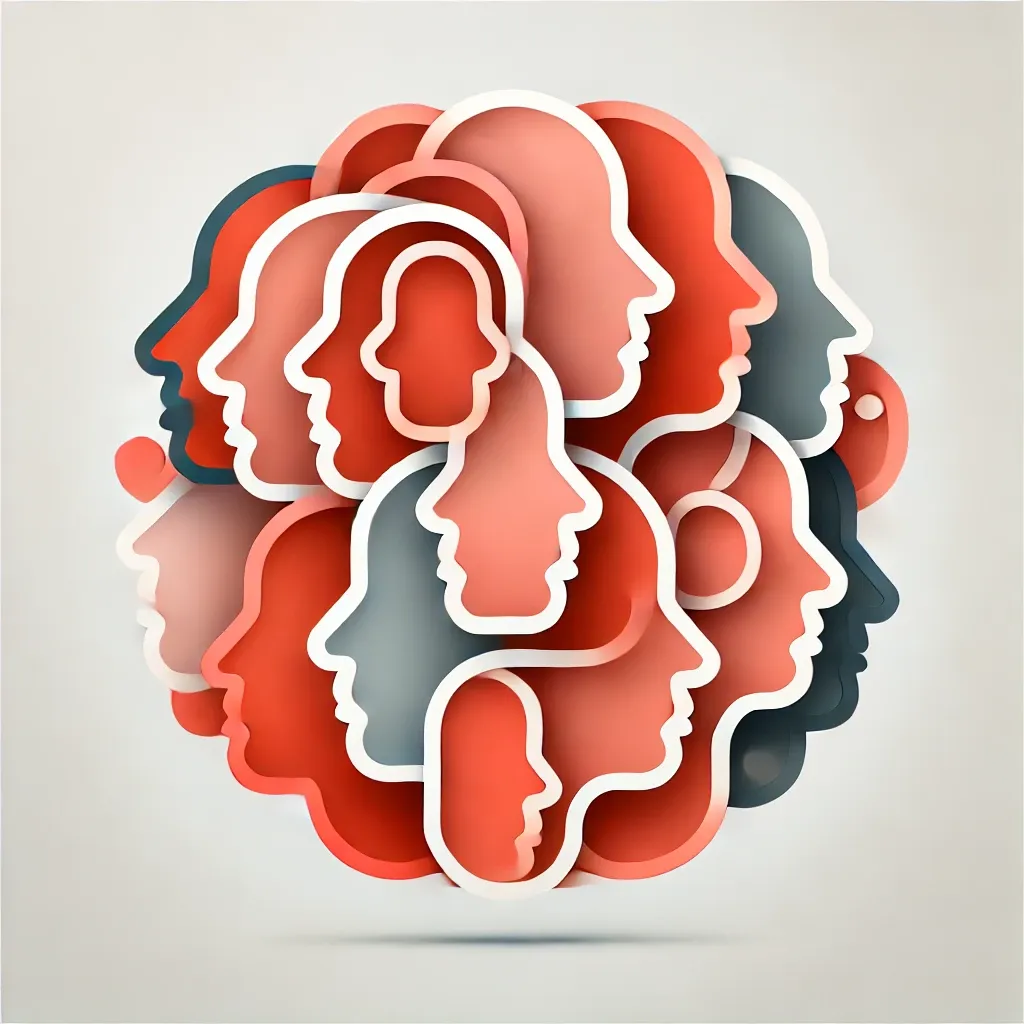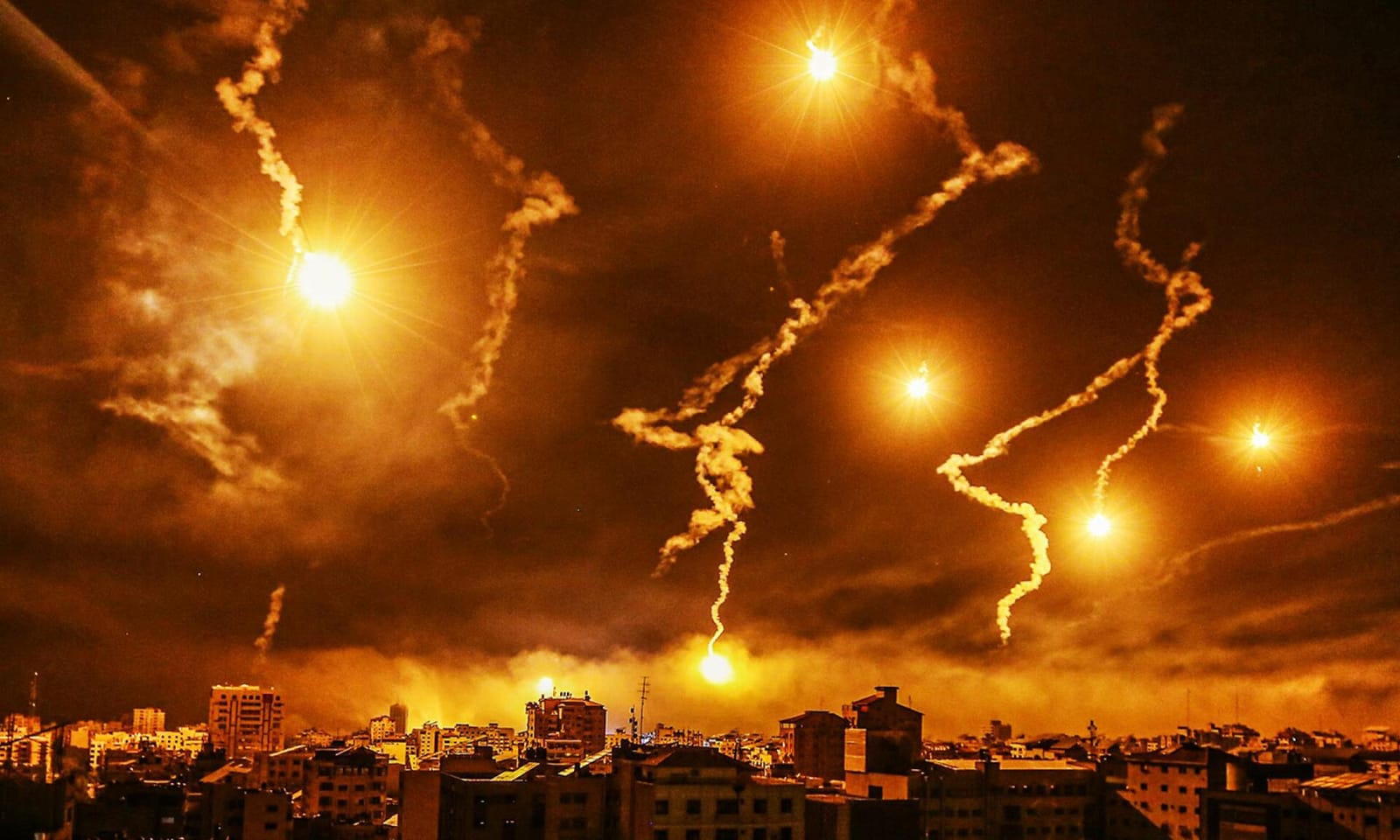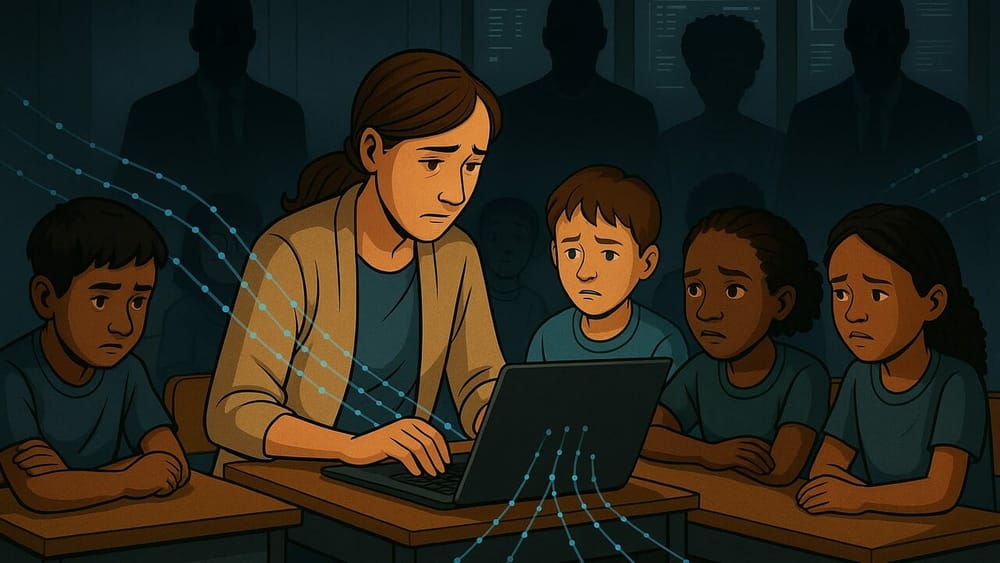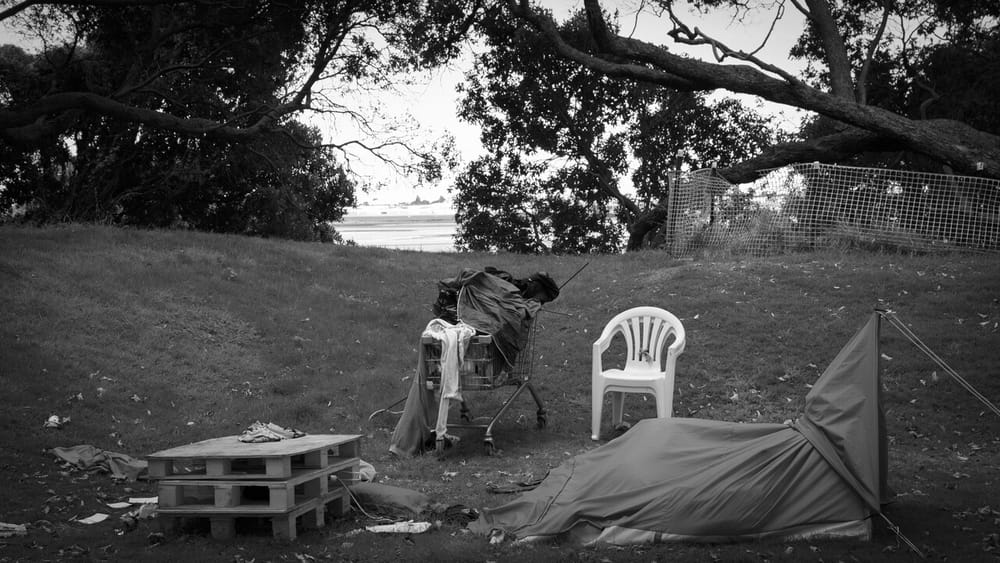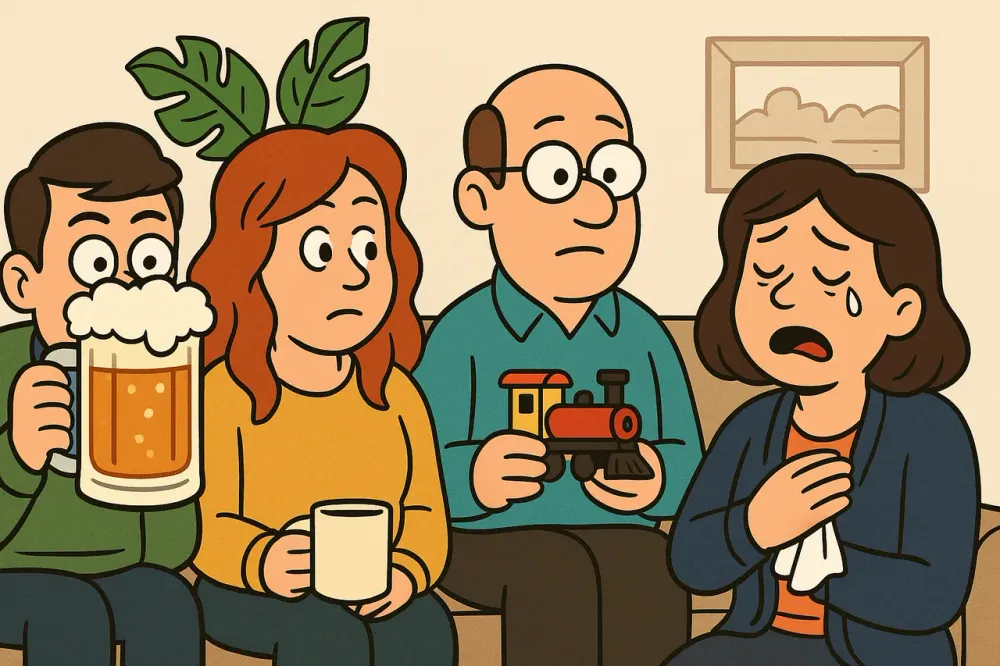Palestinian suffering has been projected onto our screens with a visibility unmatched in a lifetime. Extreme images are coming to define the reality of this genocide: doctors performing surgery by phone light, incubated babies left to die, shaking children covered in blood and ash.
Palestinians are, right now, demanding that we bear witness to these horrors, and social media has offered a way for these stories to reach us even as mainstream media fails to report on the crisis fairly and accurately. The images of infants and children, in particular, offer a grotesque shorthand for the despicability of the current attacks, and have urged mass protest beyond Palestine’s traditional support base.
The purpose of this witnessing is to spur the international community into political action, to use community organising as a platform to push for an end to the siege. Pressure by civil society in this is vital: Israel’s Prime Minister Benyamin Netanyahu has publicly rejected calls for a ceasefire, and it appears he will continue with impunity without concrete pressure—like sanctions and the cessation of military aid—from international governments. And, as leaders in the United States and Europe continue to fail to act, it is clear that mass public pressure is required to force their hands.
It is true that this moment requires the continued visibility of the most shocking of Israel’s crimes. That knowledge helps to sustain the international focus needed to exert pressure on the governments that could help to stop the siege. But there is a dual necessity and liability in this visibility.
The liability is this: the focus on Israel’s most egregious crimes against those we deem most innocent—children, women, doctors and journalists—risks requiring Palestinians to adhere to a standard of perfect victimhood as a condition of our continued support. It risks limiting our compassion and outrage only to those we arbitrarily consider most virtuous, and our understanding of Israel’s violence to only the actions we see at the top of our newsfeeds. Writer and journalist Mohammed El Kurd has talked at length about the problem of this projection of perfect victimhood, and the way it “shrinks the scope of humanity” for Palestinians. Requiring qualifiers—woman, child, doctor, parent—for individuals to be humanised is selective pity, rather than real solidarity.
El Kurd uses the example of Shireen Abu Akleh, the Al Jazeera journalist who was killed by an Israeli soldier while reporting from the Jenin refugee camp in May 2022. He draws attention to the well-meaning coverage of her death which focused on how she was a woman, a working journalist, a Christian; how she was wearing a press vest and a helmet when she was shot. All of this is accurate but, as El Kurd points out, this framing suggests that the fact that Abu Akleh was a Palestinian, killed on her own land by occupying Israeli forces, wasn’t enough to cause global outrage. This kind of humanising framework ultimately reproduces the mainstream cultural order in which Palestinians are not entitled to the same rights as the rest of us, and are not mournable figures without these virtuous qualifiers.
The overwhelming nature of Israel’s assault on Gaza has created this framework and risk, due to the extent and level of the horror being inflicted on Palestinian communities. Israel’s actions since October 7 have shifted the overton window of reprehensibility further into the sphere of the unimaginable. The sheer number of people that fit into these categories of ‘visible innocence’ who have been killed in the last six weeks should be emphasised without qualification. But it is our responsibility to bear witness to the harm done to every single Palestinian, not to ask them to bear the burden of our imposed qualifiers that they must meet in order to be seen as human beings. In the 15 years preceding the 7 October Hamas attack, 67 percent of Palestinians killed by the IDF or Israeli civilian settlers were adult men. They too had lives, families, rights and potential. To exclude them from our condemnation obscures the extent of Israel’s violence, and the reality of Israel’s ongoing settler-colonial project.
This risk isn’t just an ideological problem. It’s a question of how the present mass action can be sustained in the coming weeks, months and years. The need for a ceasefire is urgent, and should remain the focus of our demands until it happens. But stopping the bombs will not, alone, mean freedom for Palestinians. As such, this global pressure needs to continue beyond the day when the worst of the horrific images leave our screens, and out sustained pressure needs to be focused on supporting a just future outcome for all Palestinians.
While visibility acts as a great mobiliser, those committed to Palestinian liberation must urge that the current groundswell of compassion be channeled into unconditional solidarity, rather than pity for a select few. This does not imply a blanket condoning of all individual actors and tactics—these can of course be scrutinised. Rather, it is about support for a free Palestine that is not contingent on the continued output of stories of ‘deserving’ victims.
We cannot burden Palestinians with a responsibility for displays of perfect victimhood for support to be maintained beyond a ceasefire. Selective sympathy is not sustainable. It focuses on individualised suffering, rather than the basic rights of Palestinians, as a community, to agency and self-determination. It ignores the structural nature of Israel’s violence and the structural support needed to overcome it.
Rather than requiring certain conditions to be met for Palestinian people to be humanised, we must continue to be guided by a principled commitment to the universal rights all people have to live in dignity, free from occupation. Such principles will help sustain this movement beyond temporary solutions and survival, and into the rebuilding that has to come next.


